“We can’t touch it!” That was what the Chief Technology Officer had to say at the beginning of the meeting. “It’s our protocol and we wrote the smart contracts, yet we can’t touch the $4 million in liquidity left on our V1 solution. That’s just the way it was designed.” Meanwhile, our latest iteration of the protocol, O3 Interchange, had just over $6 million in liquidity. That was enough to bootstrap our cross-chain bridge, but it didn’t exactly inspire wows and praise from the O3 faithful.
We had decided on asking our users to move that original liquidity over; however, the technology we ourselves created was working to protect the users as opposed to our own interests. After all, that’s the way DeFi works and the way it should be. The problem still loomed. Due to the recent bear market a lot of our past users seemed to have simply exited our communities where we’ve interacted with them in the past or else lost interest in the crypto space altogether. We’d already set up a bot to periodically remind them to move their liquidity over for a healthy APY boost in $O3 tokens. It didn’t work to the extent we’d hoped it would..
How were we going to contact them? A brainstorming session between team members began. Could we contact them on the blockchain? “That could cost a lot in gas, but it’s possible.” Will they even check their wallets? “Probably not if they haven’t checked Twitter, Discord or Telegram.” This was assumed based on the aforementioned bots added to our telegram and discord communities if they decided to pop in there. The bots kindly sent notices every few hours to remind them that their liquidity was earning exactly 0% APR on our V1 O3 Swap platform and they can move to the new solution for passive income in the 15% to 750% range. That idea was implemented almost immediately and had very little if any effects on liquidity left on the old solution. Still, we had to try something!
“What about email?” Another newer team member offered. “Do you have any emails we can contact?” No, the protocol, nor our Crosschain Wallet, asked for email, but our website did have a space where users could enter their email to subscribe for O3 related news. Other than this, there was no “Know Your Customer” (KYC) for all DeFi intents and purposes. In fact, our users were completely anonymous or at least as anonymous as they’d wished to be. The conversation came to a pause. “Still $4 million seems like a lot.” chimed in the CTO. “We’d be happy to raise the $O3 rewards to continue bootstrapping the new solution.” After all, we were planning to add the Avalanche network (added 3 weeks ago). Most of the remaining liquidity was on a combination of chains that the new version of O3 Swap didn’t yet support. That included HECO smart chain, OEC chain, and the Avalanche chain that had not yet been added. But that was just one facet of the problem. How are we going to wake these users and bring them back into DeFi?
The Chief Marketing Officer decided we’d have to use the browsers on all of the blockchains O3 Swap previously supported to find out which wallets weren’t paying attention when we released our V2 solution, O3 Interchange. Simultaneously, we’d be relocating the V1 site so it could only be accessed via a small button on Interchange. Users would have to go through the V2 site and take a glance at the juicy APRs just to remove their old liquidity from V1. That seemed promising, but still we’d need to get their attention!
The problem was that the only people with the rights to withdraw this liquidity and move it somewhere were the people who held the LP tokens, otherwise known as the people whose money it was. And we didn’t know who they were, even if we dug up their wallet addresses. O3 Labs had hoped that they were a part of our communities, following our Twitter, contributing to our discord and tuning in when we published a new medium article, but there was no way to guarantee that. In DeFi, as long as users maintained the security of their decentralized wallets, they could do whatever they wanted with their money and that included ignoring it. Because of the smart contracts that govern the best protocols, true DeFi platforms can’t touch users’ tokens- even if they want to. So, now, we’re undertaking the arduous and somewhat costly task of contacting our V1 users directly on the blockchain. That means spending gas just for the slight hope of them moving their liquidity to O3 Interchange on o3swap.com. Will it be enough though? We’ll just have to find out.
O3 Labs’ Mission
O3 Labs has told its users again and again that the main reason we created O3 Swap was to help users cross chains, but there’s really more to it. In truth, this message fails to convey our commitment to the concept of decentralization of which, cross-chain is just a niche, albeit a growing subcategory borne of Ethereum; of which we’re one of the biggest proponents. Decentralization comes from the idea that people should have direct sovereignty and control over their own money without third parties having the discretion or power to lock your balances or otherwise exercise control over their customers’ capital in a tyrannical way. These qualities are the backbone of O3 Labs and O3 Swap even if we have less liquidity than we’d like on our latest DAPP.
How You Can Help
If you’ve got liquidity on our legacy solution, please move it over by going to o3swap.com, finding our V1 solution, withdrawing your liquidity and re-staking it on Interchange! If you don’t have liquidity on our old solution, that doesn’t mean you can’t take advantage of the opportunities on O3 Interchange. Our latest solution supports swapping for over 120 digital assets across 10 chains and we’re not nearly done adding new EVM chains and tokens to our powerful cross chain DEX! Want to get involved? See our links below!
- Platform: o3swap.com
- Website: o3.network
- Twitter: https://twitter.com/O3_Labs
- Discord: https://discord.gg/wBWust8ZfM
The post What $4 million in Leftover Liquidity on O3 Swap says about DeFi appeared first on Blockonomi.


